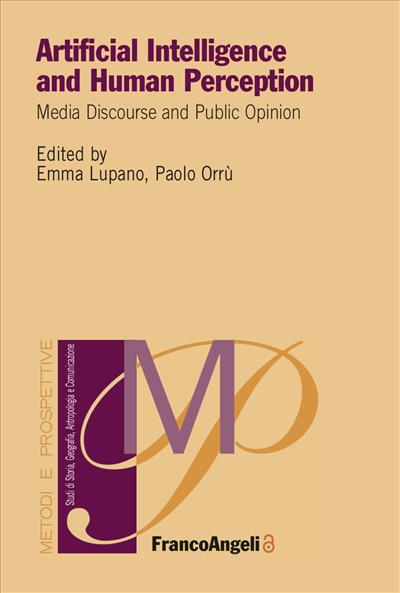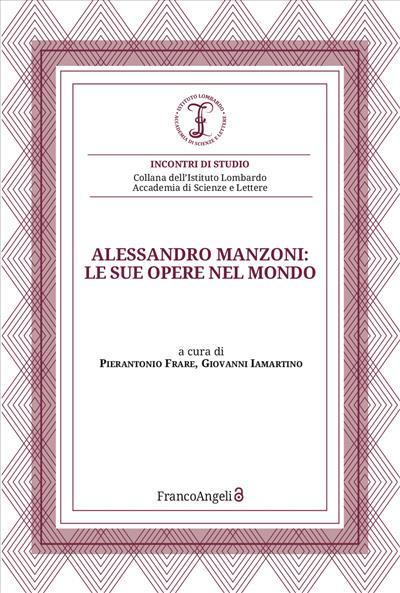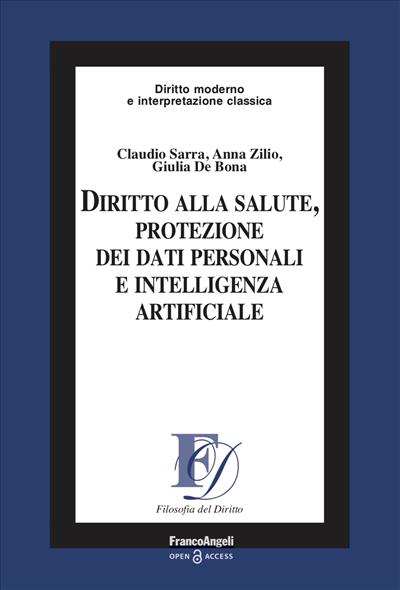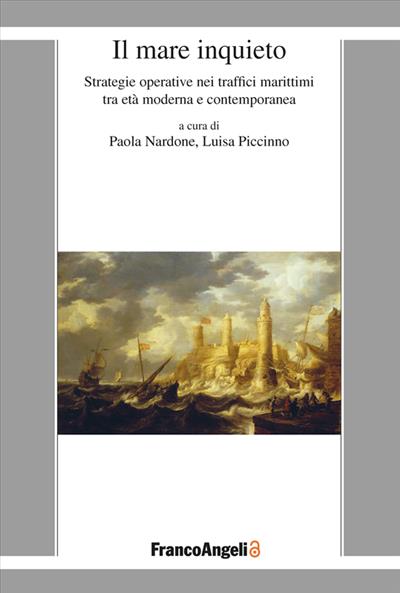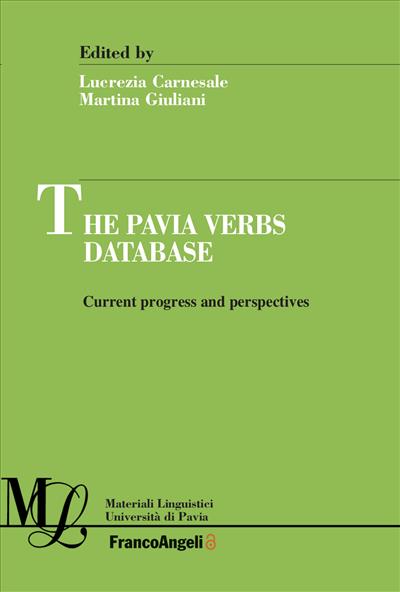
A cura di: Lucrezia Carnesale, Martina Giuliani
The Pavia Verbs Database
Current progress and perspectives
This volume presents the current state of the Pavia Verbs Database (PaVeDa), an open-source typological resource for the investigation of verb valency patterns and alternations from a cross-linguistic and diachronic perspective. Some papers in the volume discuss theoretical issues, focusing on argument structures and alternations in specific languages, while others address methodological challenges encountered during the annotation process and propose ways to overcome them.
Pagine: 162
ISBN: 9788835183631
Edizione:1a edizione 2025
Codice editore: 11095.6
Informazioni sugli open access
